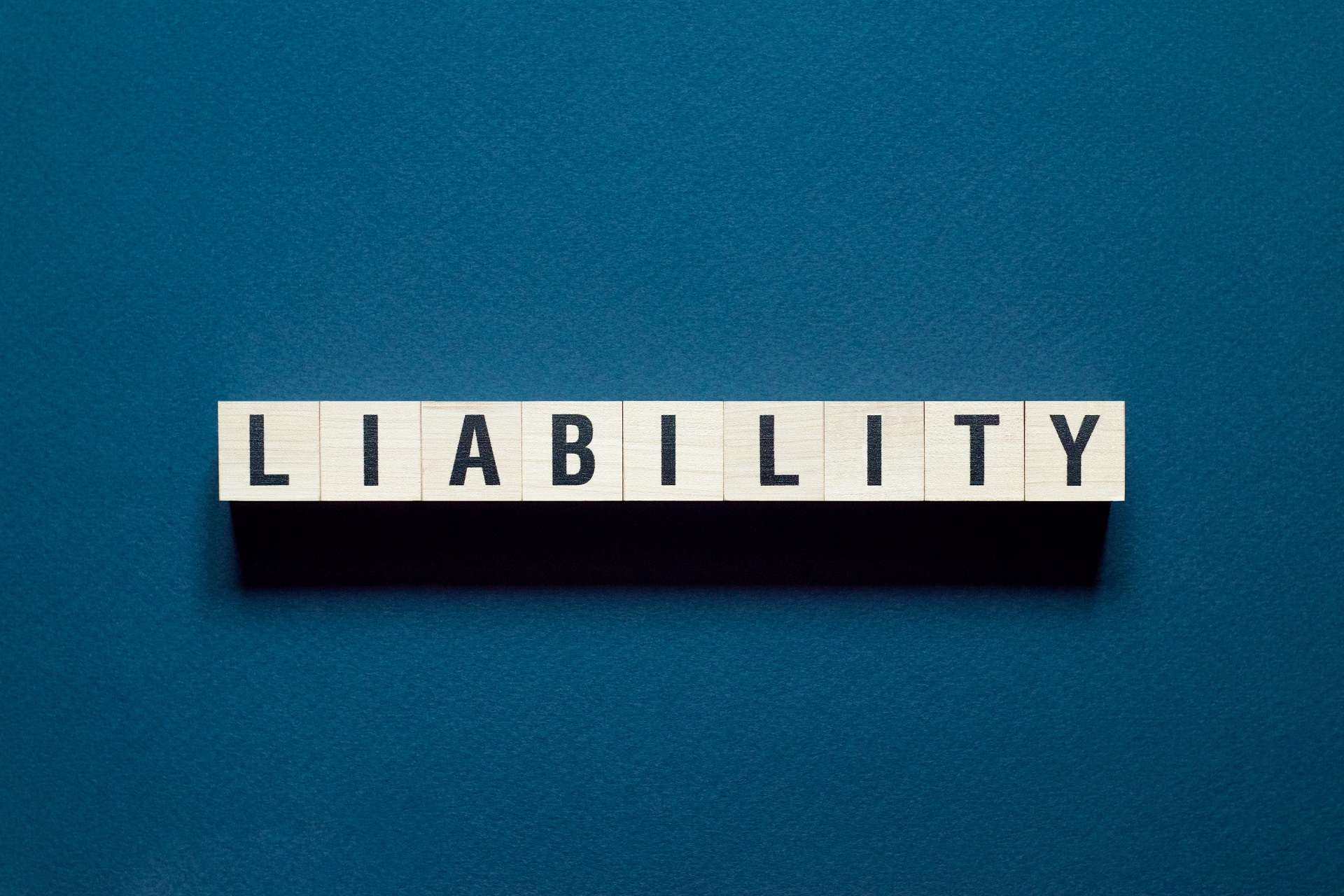The Impact of a Vocational Expert in a Product Liability Case

A $21.6 million product liability verdict for a catastrophically injured plaintiff illustrates the important role played by vocational experts in product liability litigation. More than half the verdict was awarded as economic damages, including the plaintiff’s loss of earning capacity. The plaintiff relied on a vocational expert to establish his lost earning capacity.
Facts of the Case
Sukhsagar Pannu was severely injured in a multiple car collision. Pannu was driving a Land Rover Discovery at a normal highway speed. A teenager who was driving at a higher speed collided with the rear of Pannu’s Discovery. The collision forced the Discovery into a different lane of traffic, where it collided with a Chevrolet Blazer. The Discovery rolled over several times on the shoulder. It slid to a rest on its roof after the final roll.
Pannu suffered catastrophic injuries, including dislocated and fractured vertebrae that resulted in quadriplegia. He was completely paralyzed below the chest and had limited mobility in his arms. He could not walk, drive, or groom himself after the accident.
Pannu was 47 years old. He owned two 7-Eleven stores and two Subway stores. He worked ten hours a day, seven days a week managing those stores and managing two other 7-Eleven stores that his parents owned. After the accident, Pannu’s son or an attendant brought him to one store each day, but he could no longer take an active role in the management of any of the family businesses.
An accident reconstruction engineer determined that the Discovery rolled because of friction between its tires and the road surface. Another expert found that extending the tread width and equipping the vehicle with low-profile tires lowered its center of gravity and improved its resistance to tipping over under the conditions that existed during Pannu’s collision.
The Discovery’s roof crushed inward in the accident. An expert in vehicle design determined that the roof could have been strengthened at a relatively modest cost to prevent the roof from crushing during a rollover.
Pannu sued Land Rover for manufacturing a defective product. After a bench trial, the judge agreed that the vehicle was defective, both in its roof design and in its tendency to tip over. The court awarded Pannu more than $11 million in economic damages and $10 million in noneconomic damages.
Lost Earning Capacity
Land Rover claimed that Pannu was nothing more than a store manager, that other family members would easily take over his duties, and that his stores would be just as profitable in his absence. The judicial system was unimpressed with Land Rover’s argument.
Pannu’s economic damages were not based on lost profits, a measure of damages that is always difficult to establish. Instead, the correct measure of economic loss based on Pannu’s inability to work was the loss of Pannu’s earning capacity.
Damages for lost earning capacity need not be established with precision. In California, where the accident occurred, jury instructions define lost earning capacity as the loss of the ability to earn money. Lost earning capacity differs from a loss of future wages. A claim for lost wages requires proof to a reasonable certainty of the amount of wages the injury victim would have earned in the absence of the injury. Proving the dollar amount of a future loss to a reasonable certainty is a formidable task.
A claim for lost earning capacity, on the other hand, requires proof to a reasonable certainty that the injury victim will earn less in the future than the victim would have earned in the absence of the injury. If the victim will earn less money, regardless of the amount, the victim has established a loss of earning capacity. With a vocational expert’s testimony, it is often relatively easy to prove to a reasonable certainty that a disabled injury victim will not be able to earn as much as the victim earned before the injury.
Once the plaintiff establishes a loss of earning capacity, the plaintiff need only prove the reasonable value of that loss. The plaintiff is not required to prove the amount of loss to a reasonable certainty. Rather, the jury can compare the income that the victim probably could have earned before the injury (as opposed to income the victim certainly would have earned) to income that the victim is probably still capable of earning.
Vocational Expert Evidence
The vocational expert in Pannu’s case relied on medical evidence of Pannu’s physical limitations to explain his limited work options. The expert also relied on medical evidence to establish Pannu’s reduced life expectancy and thus the reduced number of years he will be able to work. The expert determined that Pannu now has a very limited ability to play a managerial role in his businesses and that the accident injuries compromised his capacity to earn income.
To determine the income Pannu probably could have earned before the injury, the vocational expert analyzed Pannu’s work history as a franchise owner, his work ethic, his entrepreneurial skills, and his consistent success at growing businesses. Pannu had participated in franchise and trade associations to expand his opportunities and had recently been approved to purchase a third 7-Eleven store.
Given that evidence, the trial judge rejected the argument that Pannu lost nothing more than the value of a manager’s salary. The judge credited the vocational expert’s testimony that Pannu would have continued to expand his business holdings and thus his income if he had not been catastrophically injured. Combined with the testimony of an economist, the vocational expert’s testimony easily supported a verdict of millions of dollars for loss of earning capacity.
Vocational Experts in Product Liability Cases
Injuries in product liability cases tend to be catastrophic. Any injury that substantially impairs mobility, eyesight, or thinking is likely to have a dramatic impact on the ability to earn income.
States have generally replaced lost future earnings as the measure of vocational damages with the concept of loss of earning capacity. Juries have wide latitude to decide what an injury victim could have been capable of earning in the absence of a devastating injury. Lawyers who handle product liability cases use vocational experts to give juries a solid evidentiary foundation for an award of vocational damages.
Disclaimer: The information on this website and blog is for general informational purposes only and is not professional advice. We make no guarantees of accuracy or completeness. We disclaim all liability for errors, omissions, or reliance on this content. Always consult a qualified professional for specific guidance.








